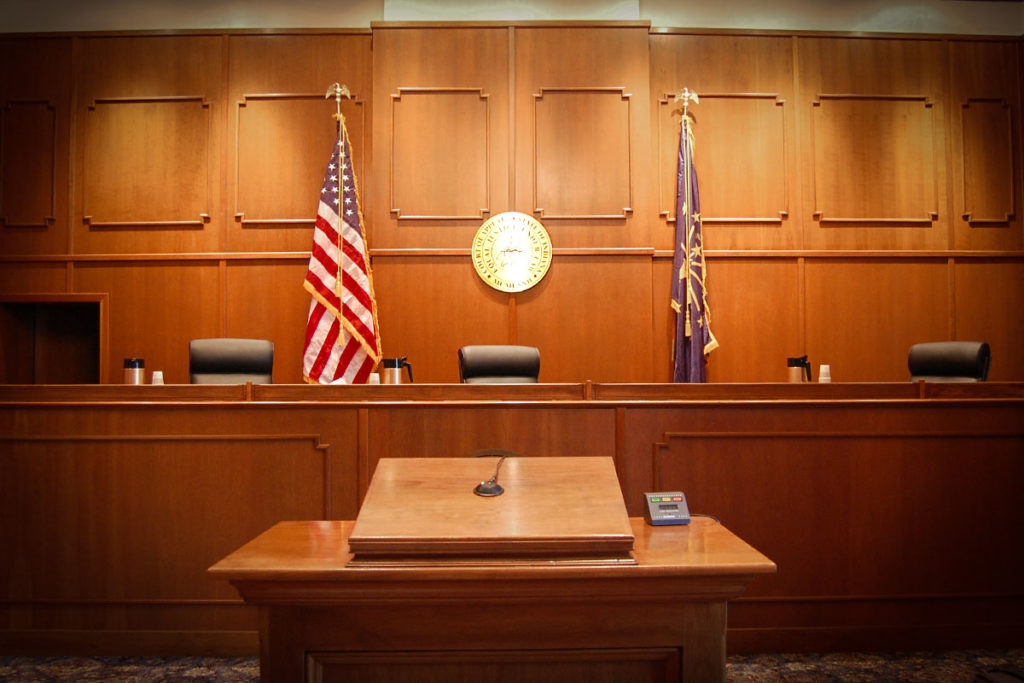Hoosiers Cannot Be Trespassed From Public Property Indefinitely Court Rules

“We find it unreasonable to construe the trespass statute to allow a citizen to be permanently and perpetually banned from the premises of a public building intended to serve the community and which housed several facilities that citizens need to access intermittently in the operation of daily life.” – Kifer v. State, No. 19A-CR-1188, __ N.E.3d __ (Ind. Ct. App., Dec. 4, 2019)
http://indianacourts.us/blogs/caseclips/2019/12/09/kifer-v-state/
In 1999 Kifer at the Civic Center in Evansville, IN when Officers say Kifer had written what looked like the beginning of his last name, Kifer, on one of the walls. On the opposite side, police say Kifer told them he was writing Pigman.
Police say it looked like Kifer was using dirt and sand from one of the flower planters to vandalize the entry way.
It was then when Judge Pigman decided to tell Kifer he was no longer welcome at the public facility. In 2015 kifer went to the facility to file a police report. After filing the report he was arrested for trespass and charged with a level 6 felony. Kifer was convicted and he appealed.
Kifer won his appeal on December 4th of 2019. The Indiana appeals court ruled that their is a difference between being trespassed from public and private property. Before that Hoosiers had no distinction in the trespassing statute.
To clarify public property is property owned by a government entity or leased to a government entity. Public is not a private business open to the public nor is it private property.
The court noted that a perminate banishment cannot exist on public property. The court did not have the ability to review if an individual can be banished at all or even if that banishment can only be had if the individual being temporarily banished has to be committing an unlawful act first.
The author of this article would interject that it’s his opinion that if a person were to be trespassed from a public property it would have to be due to the individual committing an unlawful act first and not a mere dislike for the person or what they are doing at the public building.
Hoosiers are getting closer to finding their way to this end and some may speculate that this ruling already places us there. In either case the codified statute should reflect this ruling so that it is clear that their is a difference and that public property is treated differently than private property for trespassing purposes.